Kiyokawa Village, Kanagawa神奈川県大和市
Living in Kiyokawa Village, Kanagawa
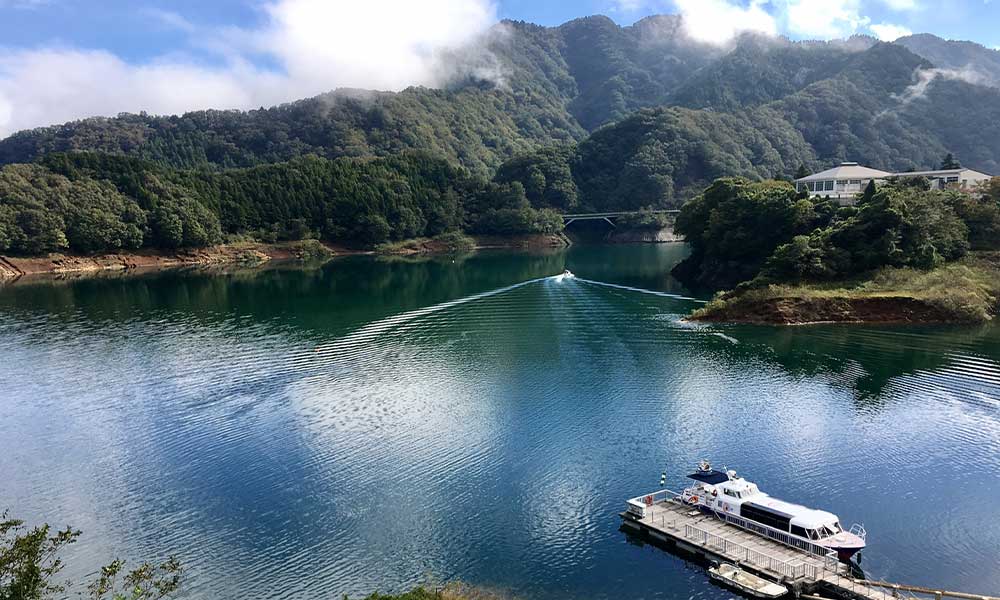
We have Summarized the livability of Kiyokawa Village, Kanagawa.
CENTRAL PREFECTURE AREA県央地域
CONTENTS
- What kind of place is Kiyokawa Village?
- Kiyokawa VillagePR video
- How is the traffic situation in Kiyokawa Village?
- How are the rent and land prices in Kiyokawa Village?
- How is childcare and education in Kiyokawa Village?
- How about shopping in Kiyokawa Village?
- How about jobs and recruitment in Kiyokawa Village?
- Kiyokawa Village’s unique subsidy/subsidy system
What kind of place is Kiyokawa Village, Kanagawa?
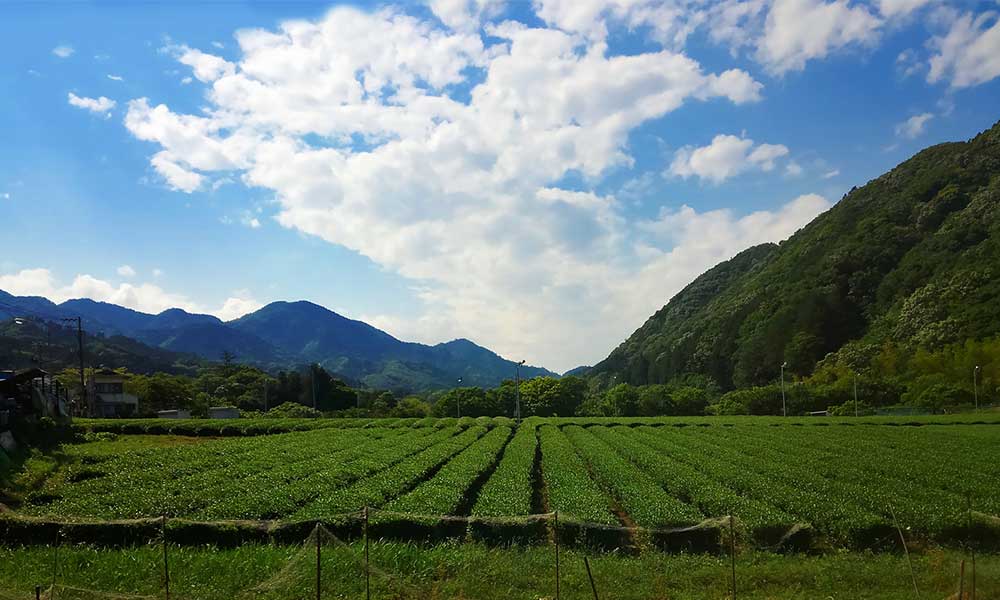
The only village in the prefecture: Kiyokawa Village
Kiyokawa Village is a village located in the northwestern part of Kanagawa Prefecture, belonging to Aiko District. It is said to be the only village in Kanagawa Prefecture and the closest village to Tokyo.
It is bordered by Sagamihara City and Aikawa Town to the north, Atsugi City to the east, Hadano City to the south, and Yamakita Town to the west.
89% of Kiyokawa Village is forested and surrounded by nature.
Kiyokawa Village has a primeval fir forest, a Kanagawa Prefecture Natural Monument, and clear streams nurtured by rich beech forests.
The mountain streams of Nakatsu River and Koayu River show different scenery with each season.
Lake Miyagase, which was created as the largest dam lake in the Tokyo metropolitan area, is the symbol of Kiyokawa Village and is also known as a tourist destination.
Kiyokawa Village has the smallest population of any municipality in Kanagawa Prefecture, at 29,000, but it is an ideal area to live a relaxed life in nature, at a moderate distance from the city.
PR video of Kiyokawa Village, Kanagawa
Kiyokawa Village Immigration Promotion Video
Kiyokawa Village Tourism Video: A Year in Kiyokawa Village
How is the traffic situation in Kiyokawa Village?
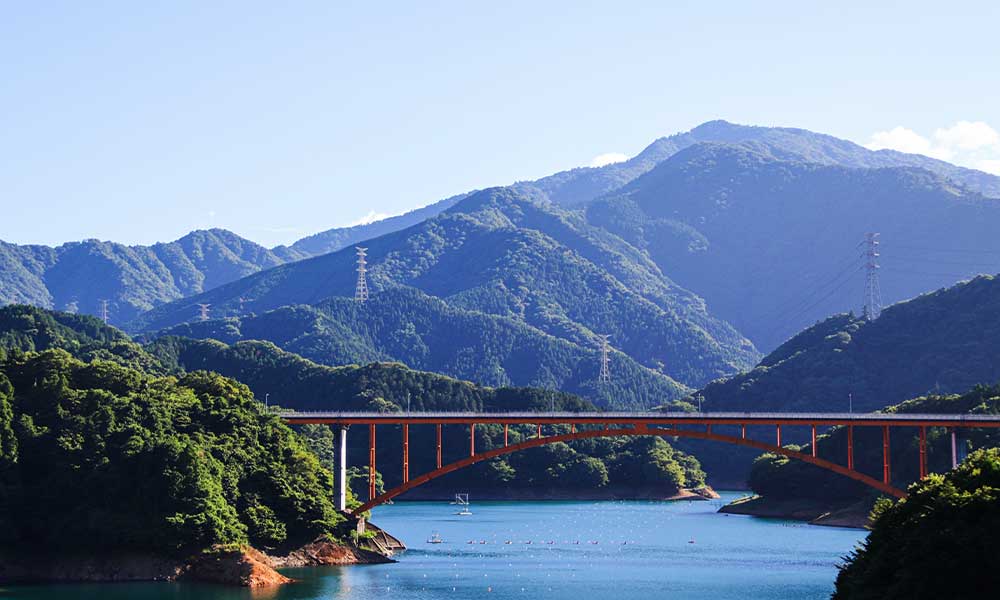
Kiyokawa Village: A town where cars are the main mode of transportation
There is no nearest train station in Kiyokawa Village, so you can take the Kanagawa Chuo Bus from Kiyokawa Village to Hon-Atsugi.
The bus ride takes about 40 minutes. From Hon-Atsugi, it takes about 60 minutes to get to Shinjuku on the Odakyu Line.
Also, if you’re going from Hon-Atsugi to Yokohama, you can transfer to the Sotetsu Line at Ebina and it will take about 50 minutes. By bus and train, you can arrive at terminal stations like Shinjuku and Yokohama in just under two hours.
If you are traveling by car, you can reach Kiyokawa Village in about 40 minutes from Atsugi IC on the Tomei Expressway. If you are traveling from Sagamihara IC, it will take about 20 minutes.
It takes about 1 hour and 20 minutes to get to Kiyokawa Village by car from Tokyo using the expressway.
It is a little tough to commute to Tokyo, but it is not uncommon for people to commute for 2 hours, and if you mainly work remotely and only go to work a few times a month, it is not a problem.
It is an area where having a car reduces inconvenience, so you can choose to own a car.
In Tokyo and Yokohama, the prices of parking lots and bicycle parking lots are high, and depending on the location and conditions, parking fees can exceed 20,000 yen per month, but in Kiyokawa Village, you can rent a car for less than half the price in the metropolitan area, so the fixed cost of a car is also significantly reduced.
Although it is a car-oriented town, there is little traffic congestion and driving is comfortable.
The nearest train station is Hon-Atsugi Station, a 40-minute bus ride away, making this an area where a private car is essential.
How are the rent and land prices in Kiyokawa Village?
Kiyokawa Village: an attractive town with low average rent and land prices
Kiyokawa Village is surrounded by lush mountains and rivers, and is a place where you can easily enjoy nature through hiking and camping at any time. Due to the nature of the area, the average rent and land prices are cheaper than in the metropolitan area.
If you are looking to rent a studio or 1LDK, you can find a property for 30,000 to 40,000 yen.
Even for 2LDK or 3LDK, there are good properties for 50,000 to 60,000 yen.
Compared to the average market price in Yokohama City, which is also in Kanagawa Prefecture, the conditions are very favorable, which is attractive.
In addition, Kiyokawa Village has a village-run housing system, and when a vacant house becomes available due to a move-out, etc., tenants are recruited at any time, and the tenant’s burden is about 50,000 to 70,000 yen per month depending on the condition of the house.
In addition, vacant house introductions are also conducted with the aim of revitalizing the area and encouraging people to settle there, so you can also take advantage of these.
How is childcare and education in Kiyokawa Village?
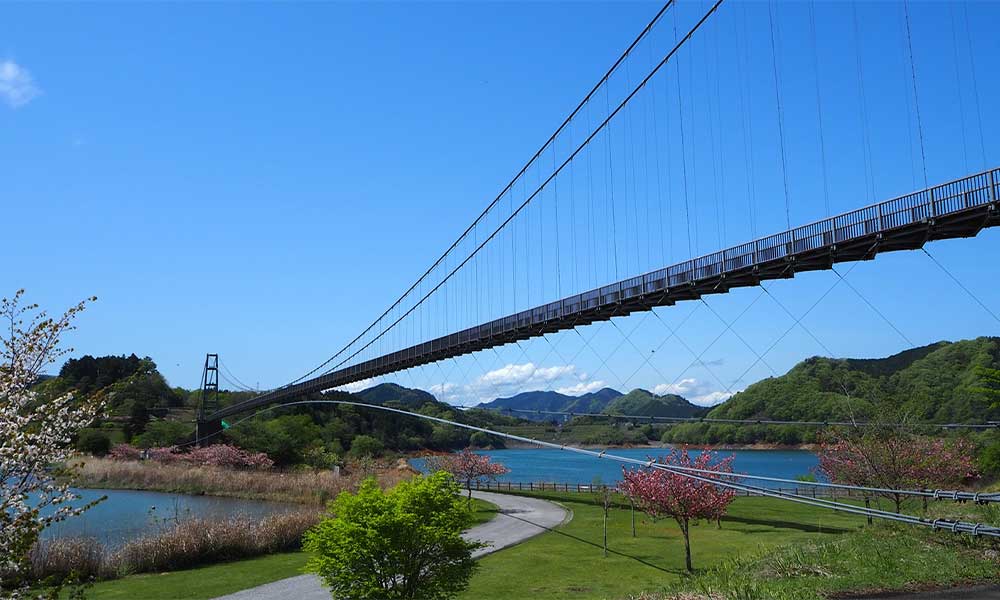
Kiyokawa Village: A town that actively supports child-rearing
Kiyokawa Village, being the village with the smallest population in Kanagawa Prefecture, focuses on supporting child-rearing. Within the village, there are two nursery schools, one kindergarten, two elementary schools, and two junior high schools. There are no high schools, junior colleges, or universities. Kiyokawa Village’s Pediatric Medical Expense Subsidy covers outpatient treatment for children up to 18 years old (until March 31st following their 18th birthday) and hospitalization for children up to 18 years old (until March 31st following their 18th birthday), with full coverage (some exceptions and income limits apply). Additionally, as a child allowance, ¥15,000 is provided for children under 3 years old, ¥10,000 for the first and second children aged 3 and older up to elementary school age, ¥15,000 for the third and subsequent children, and ¥10,000 for middle school children (some income limits apply). Furthermore, Kiyokawa Village’s Childcare Support Project includes a diaper purchase subsidy for families with children aged 0 to 2 years and 6 months, providing ¥4,500 per month. The Childcare Mama Refresh Project offers temporary free childcare for parents who are raising children who are not using daycare facilities. This service can be used for up to four hours at a time, up to six times a year. There is also a subsidy for school commuting expenses and the purchase of school bicycles that provides a 50% discount on commuter passes and partial assistance for bicycle purchase costs when children enter high school.
Kiyokawa Village: A town striving to be a safe community
When comparing Kiyokawa Village with national crime rates, Kiyokawa Village is a land with few criminal incidents or fires. The village actively promotes a community greeting campaign, where residents make a concerted effort to greet children during their commute to and from elementary and junior high schools. The “Fureai Time” initiative, in which local residents actively engage with children, not only strengthens community ties but also serves as a crime prevention measure. This is a community that strives to create a safe society, providing an environment where parents can raise their children with peace of mind. Furthermore, the public elementary and junior high schools in Kiyokawa Village have 100% earthquake-resistant construction and 100% LAN network coverage in standard classrooms.
There are many child-rearing related subsidies available. There is a system in place that allows you to receive a 30,000 yen bonus when your child enters elementary or junior high school.
There is no high school or cram school in the village, so options for further education are limited.
How about shopping in Kiyokawa Village?
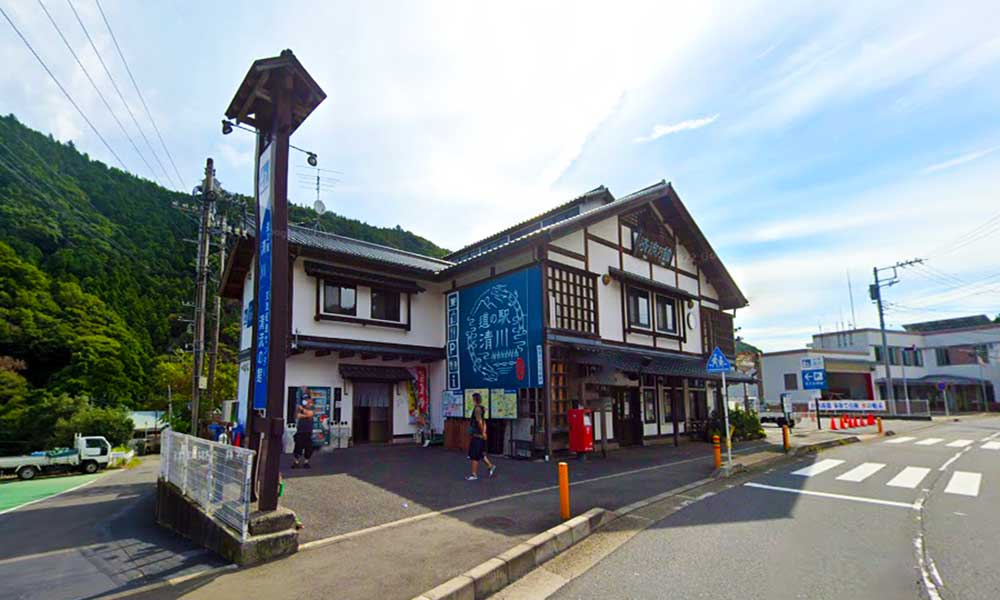
Kiyokawa Village: A town with an easy shopping environment
Kiyokawa Village is not an area lined with large commercial facilities, nor is it a place where supermarkets and convenience stores are abundant, but there are a few shops that carry daily necessities. “Michi-no-Eki Kiyokawa” is a shopping spot where you can find seasonal vegetables and fruits delivered every morning from local farmers. On the 2nd floor, there is a dining area where you can enjoy dishes featuring Kiyokawa’s local specialty, Kiyokawa Keisui Pork. The local drugstore, “Create S・D Kiyokawa Store,” is a shop that was attracted to the village as part of efforts to revitalize the area and create job opportunities. This store offers a wide selection of products ranging from food to daily necessities. There is also a delivery service available at this store, making it highly convenient for elderly residents who do not drive.
You can do all the shopping you need at roadside stations and drug stores.
There are no convenience stores or supermarkets, and no fancy shops, so it’s boring.
How about jobs and recruitment in Kiyokawa Village?
Kiyokawa Village: A recommended town for those who work remotely
There are various job advertisements in Kiyokawa Village and the surrounding areas, but in today’s world where remote work has become the norm, you can choose your residence without being tied down to commuting times.
You can also consider relocating while continuing your current job.
If you want a lifestyle where you can work remotely from home surrounded by nature and commute to work in Tokyo a few times a month, Kiyokawa Village is the perfect place for you.
You can enjoy gardening at home, and casually enjoy leisure activities such as mountain climbing and hiking on weekends.
Kiyokawa Village, Kanagawa’s unique subsidy/subsidy system
Kiyokawa Village, Kanagawa’s unique relocation assistance and relocation subsidy system
| Migration experience housing |
Kiyokawa Village, Kanagawa’s unique housing assistance and subsidy system
| Vacant house information provision business Home Acquisition Subsidy Program Subsidy program for renovating vacant rental housing Village housing |
Kiyokawa Village, Kanagawa’s unique childcare support system
| Kiyokawa Village Child Influenza Vaccination Cost Subsidy Program Kiyokawa child’s birthday gift Subsidy for purchasing diapers, etc. Refreshment program for mothers raising children |
Kiyokawa Village, Kanagawa’s unique system for further education and tuition assistance/subsidies
| School attendance assistance system Special needs schools, etc. tuition assistance funds Kiyokawa Village Elementary and Junior High School Entrance Grant Program |









